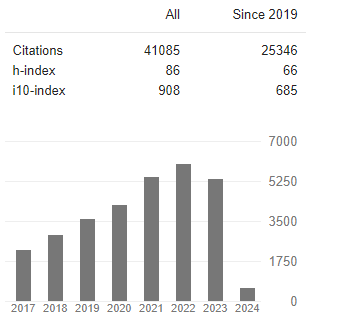Beyond the Riemann Hypothesis [v2]
Abstract
Hideharu Maki
The functional equation of real variable that Riemann used in his paper was subjected to elementary operations. And I obtained a lot of complex functional equations that the Riemann zeta function follows respectively. Here, functional equation transformations were the main methods for obtaining the complex functional equations. Half of those are equivalent to the complete symmetric functional equation that the Riemann Xi function follows, and one of those has an origin symmetry with correction terms. From the origin symmetric functional equation including correction terms, the representation containing the leading term of the zeta function for any complex number was obtained. And the Riemann hypothesis was proved by applying reduction to absurdity. Moreover the general representation containing the leading term of the zeta function for any odd number of 3 or more was also obtained.
By suitably combining those functional equations, I observed a new explicit formula for the zeta function.
The Riemann hypothesis was again proven using the deductive method. And two types of general representations for the zeta function for any odd number of either 3 or 7, or more, were also obtained from the explicit formula. In total, three types of general representations for the zeta function for any odd number of either 3 or 7, or more, were discovered.
Conversely, I defined a new function, named the Chi function, for the left side of the origin symmetric functional equation that includes corrective terms. The Chi function is similar to the Riemann Xi function and exhibits origin symmetry. Furthermore, I defined a new function, the eta function, which is similar to the zeta function. The eta function’s pole and trivial zeros are the same as those of the zeta function. Furthermore, the Chi and eta functions have the same non-trivial zeros on the imaginary axis. And I proposed a generalized Riemann hypothesis for the eta function that states that all non-trivial zeros lie on the imaginary axis. Since I was able to discover the explicit formula for the eta function, the deductive method was used to prove the generalized Riemann hypothesis for the eta function.
As you know, there are different types of transformations between the prime numbers and the non-trivial zeros of the zeta function. I discovered that there are comparable transformations between the prime numbers and the non-trivial zeros of the eta function. Based on the results of numerical experiments, I proposed some conjectures referring to relationships between the prime numbers and non-trivial zeros of the eta function.




